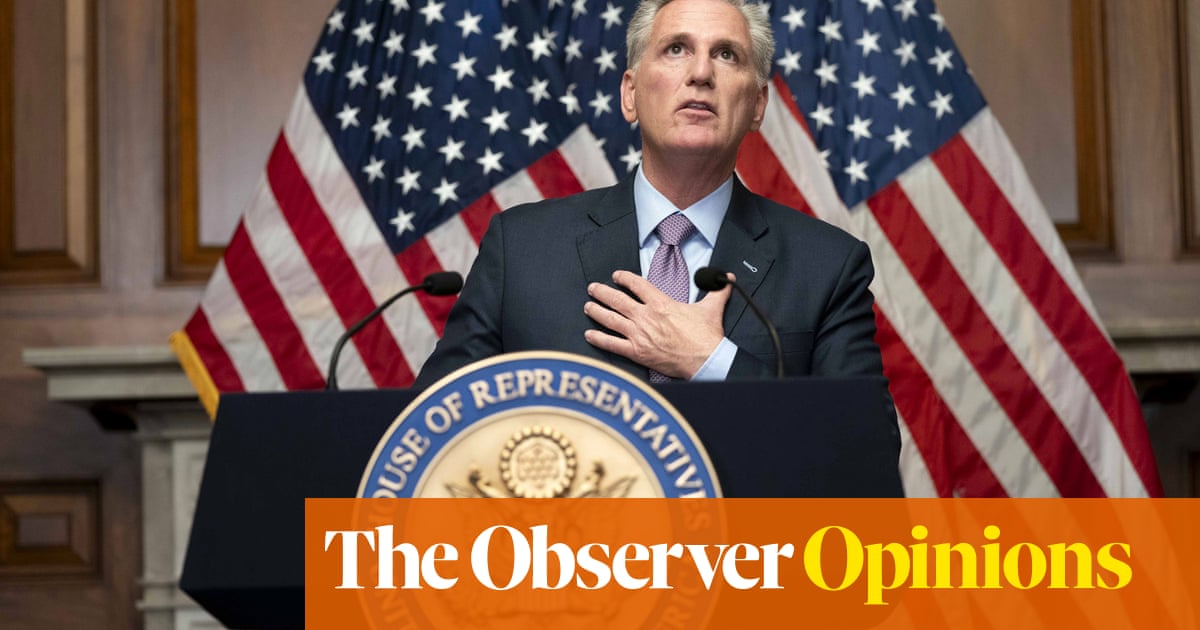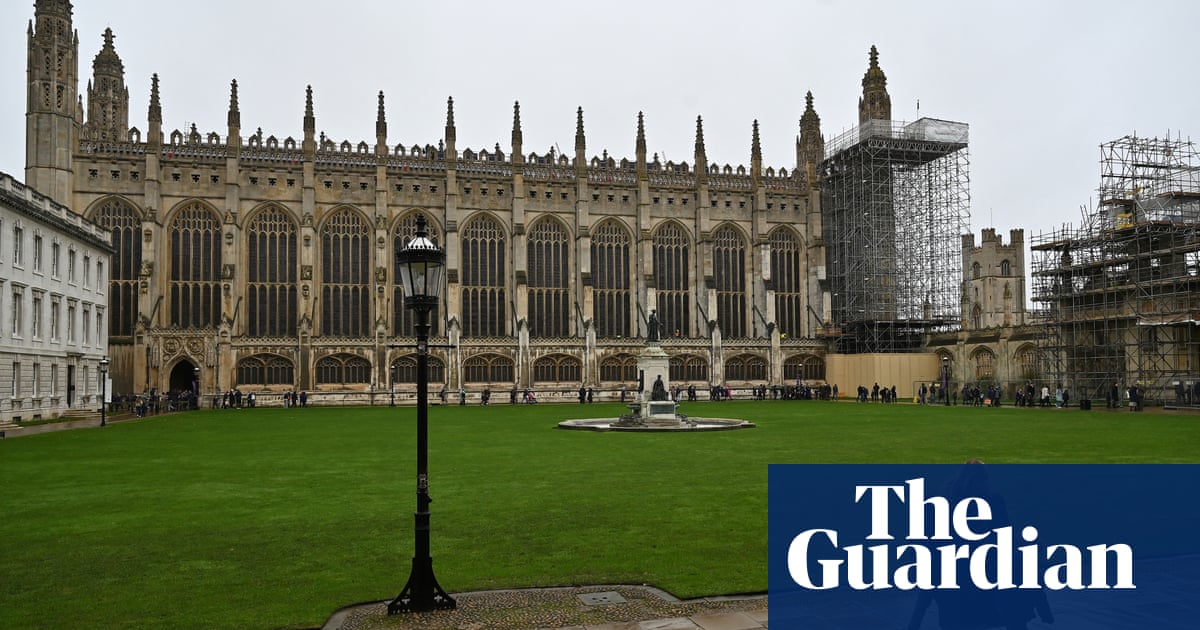
The University of Cambridge has been accused of entering “a Faustian pact” over plans for a £400m collaboration with the United Arab Emirates in what would be the biggest deal of its kind in the university’s history.
According to internal documents seen by the Guardian, the 10-year collaboration would help Cambridge, one of the wealthiest higher education institutions in the UK, “weather the challenges faced by universities as a result of Covid, Brexit and a constrained funding environment”.
The documents state that the UAE has pledged to commit £312m – the biggest single donation by far that the university has received – and £90m will be paid in kind through Cambridge staff time.
The deal has yet to go before the university’s general board, the Guardian understands. But if approved, the UAE-Cambridge Innovation Institute will begin as a virtual entity and culminate in “a physical footprint” in the UAE with its own staff and “joint UAE and University of Cambridge branding”. Key areas of focus will include education, Islamic art and culture, engineering and innovation, in particular research into alternatives to fossil fuels.
The UAE has long been the focus of global campaigns concerning alleged human rights abuses. Three years ago there was uproar when a British academic, Matthew Hedges, was convicted in the UEA on spying charges after going to Dubai for research. Hedges is suing four senior officials from the Gulf state who he alleges were complicit in falsely imprisoning and torturing him.
Cambridge University documents acknowledge the risk of reputational damage posed by the collaboration. They also raise concerns about a “values gap”, “academic freedom and institutional autonomy”, and “the potential burden such a large partnership could place on parts of the university and attendant mission drift”. The project is said to have the full support of the vice-chancellor, Prof Stephen Toope.
The documents state: “We are fully aware of the UAE’s recent treatment of UK researchers and other visitors, which reflect a dramatically different cultural and legal context than that which may be familiar to our staff and students. We will put in place sufficient support to ensure that our staff are prepared before their work in the UAE begins.”
Several UK universities, including City University, the London Business School, Birmingham, Middlesex and Heriot-Watt, already have branches in the UAE, but the scale of the collaboration with Cambridge, one of the most successful and best-known universities in the world, will be seen as a huge coup for the Gulf state, which is keen to use soft power to improve its image on the global stage.
The collaboration would see Cambridge working with “several educational, governmental and corporate partners in the UAE”, involving the university at multiple levels of its economy and society. According to the document, the funding would go towards the creation of a large number of new posts including eight endowed lectureships, 24 postdoctoral positions and 42 PhD fellowships as well as other management and support roles.
An official announcement by the university on Wednesday gave few details, saying only that the institution was in talks with the UAE about a potential strategic partnership.
“This collaboration is designed to develop innovative solutions that enable the transition away from fossil fuels; the continued development of high-quality teaching and learning; the ongoing progression of social cohesion through the study of arts and culture; and the advancement of globally competitive research, education, and entrepreneurship.”
Asked about the internal documents, a university spokesman said: “These are talks regarding a potential partnership and no details have been finalised.”
Nicholas McGeehan, a human rights researcher working on the Gulf states, said: “This is a Faustian pact that should be of profound concern to Cambridge faculty, students and alumni and UK academia more broadly. The UAE is a deeply illiberal state with a zero-tolerance stance on free speech and critical thought, and it deals with its critics in the most brutal fashion imaginable through torture and forced disappearances.”
McGeehan, a co-director of the FairSquare Projects human rights group, said Cambridge would be giving up some of its hard-earned reputation in return for burnishing the reputation of the UAE. “Only academics who see higher education as a commercial enterprise could think that it’s worth the cost.”
Jo Grady, general secretary of the University and College Union (UCU), said: “This is a clear case of a rich authoritarian state using its wealth in an attempt to launder its reputation. It would be shameful if the University of Cambridge were willing to be used in this way.
“It is one of the wealthiest institutions in the UK and does not need this money. UCU members in other institutions have raised concerns about LGBT+ rights in the UAE, and this deal looks especially problematic in light of the legal action which the British academic Matthew Hedges is pursuing over alleged false imprisonment and torture.”












